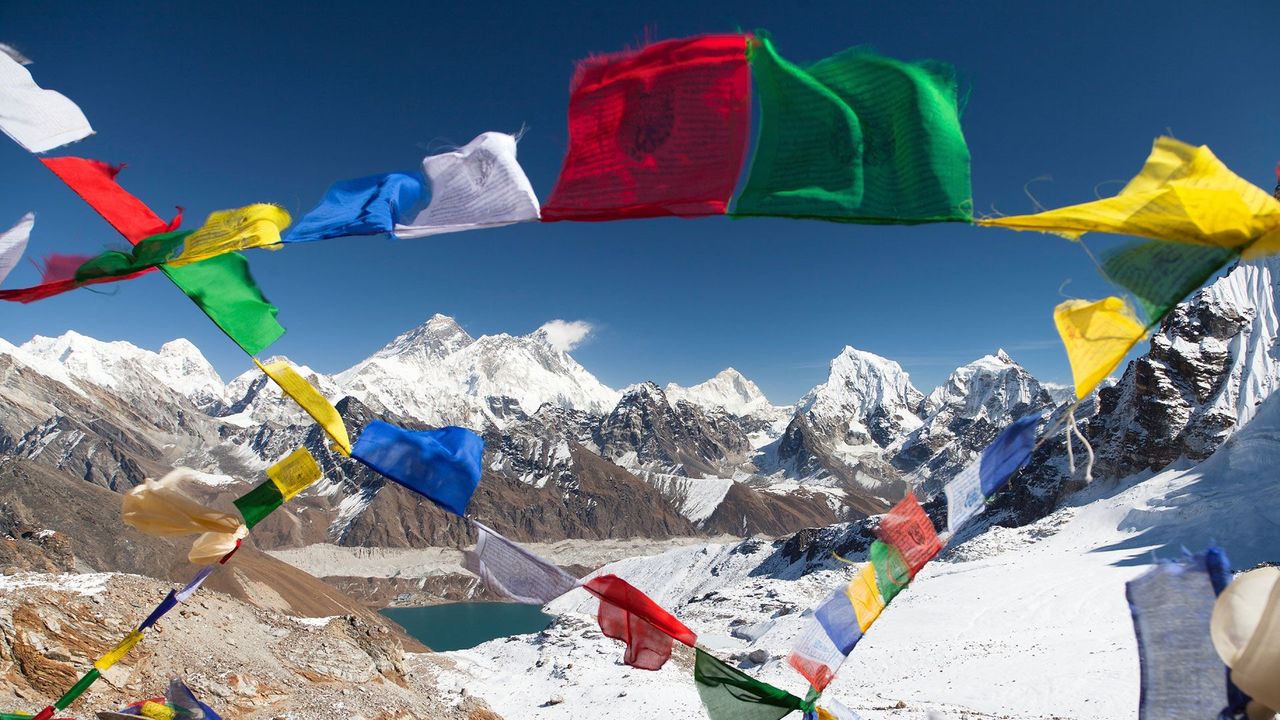
Dead bodies litter the tallest peak in the world because of the dangers and expenses associated with bringing them down. Read to know why the 2023 Everest Season could be the deadliest yet.
Why is this Everest Season so deadly?

Since the 1900s when the exploration of the world’s largest mountain began, over 310 people have lost their lives trying to scale it. Retrieving bodies is a difficult and dangerous effort. However, many are blaming overcrowing as a major reason. The 2023 Everest season will see a record number of people trying to reach the summit.
The Nepalese government has issued 463 permits for people. Including the sherpas who will accompany them, this will result in about 900 people trying to scale the mountain. Even though the climbing season just began, at least four deaths have been recorded. Last month, three sherpas died while trying to set up the summit rope for other climbers. On May 2, an American man died on his way to the summit.
Why is it difficult to bring the dead down?
When someone dies on Everest, it is very difficult to remove their bodies. The reparation costs can be as high as tens of thousands of dollars. Additionally, it can come at the cost of another fatal price. For example, in 1984, two Nepalese climbers lost their lives trying to recover a body. Hence, bodies are generally left on the mountain. Lhakpa Shera revealed she saw seven dead bodies on her way to the top in 2018. Lhakpa is the women’s record holder with the most summits. “Only near the top, Only near the top,” she remembered.
“It’s expensive and it’s risky, and it’s incredibly dangerous for the Sherpa,” stated Alan Arnette, a climber. “What they have to do is reach the body, then they typically put it in some type of rigging, sometimes a sled but often it’s just a piece of fabric. They tie ropes onto that, and then they do a controlled slip of the body in the sled,” added Arnette. Additionally, he explained that he did not want this option and signed body disposal forms before climbing. They detail that his corpse must rest in place in case he lost his life.






